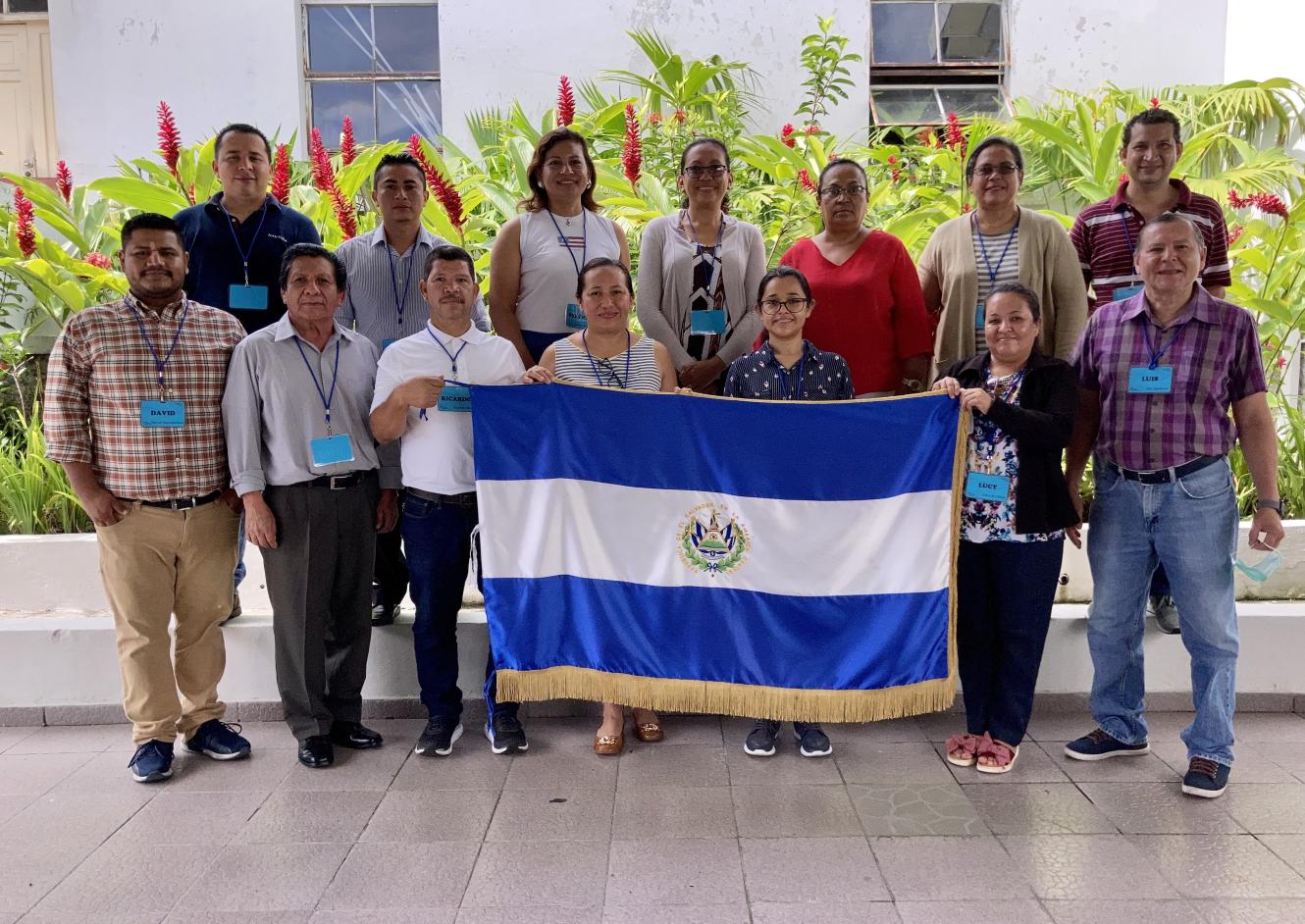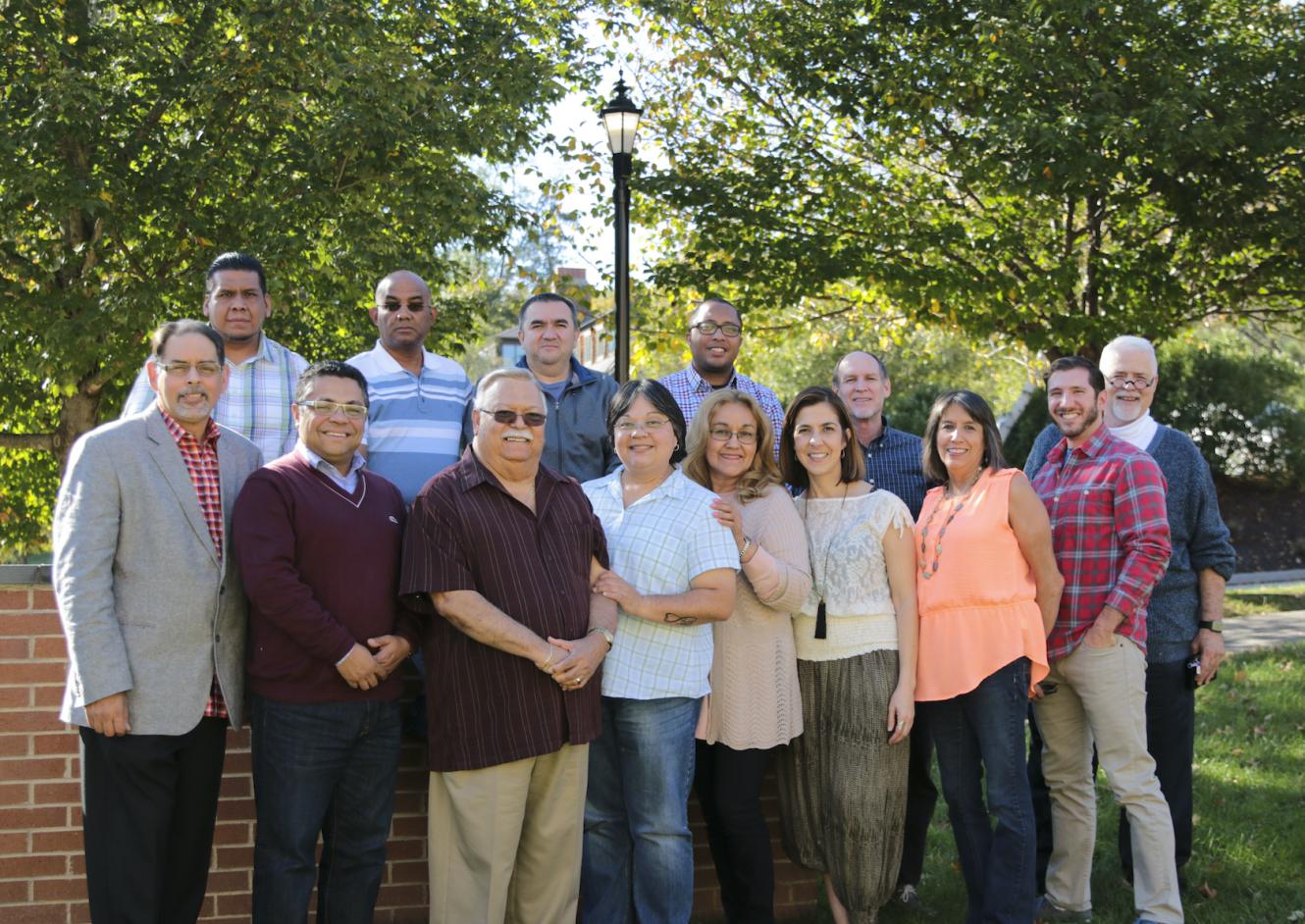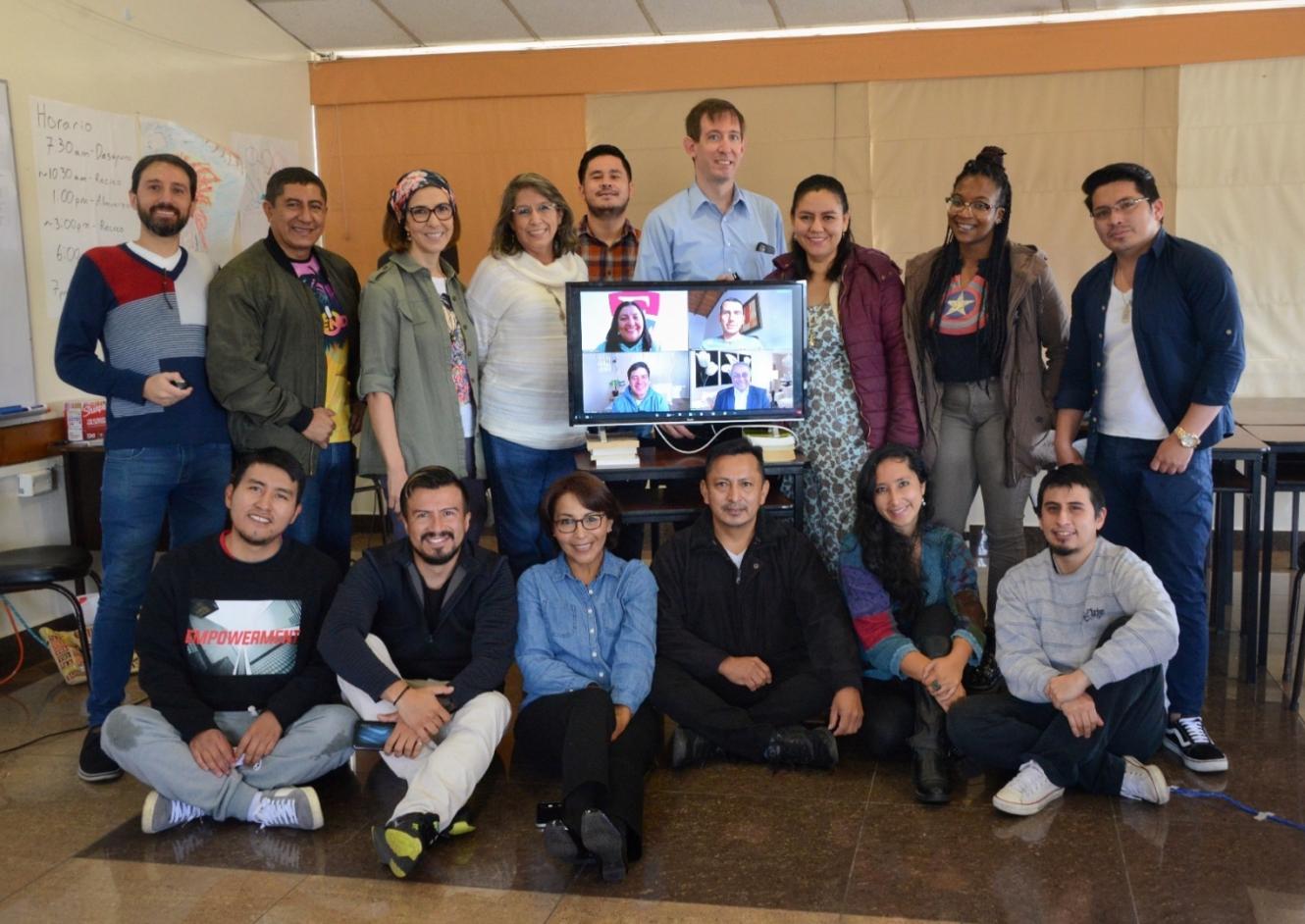Extending Palmer Seminary's Theological Education to Latin America



Dr. Mayra Picos Lee greets me over Zoom from Mexico City, where she is joining a cohort of Palmer Seminary students for the first residency portion of their program. The Maestría En Estudios Teológicos, or “the Master of Theological Studies in Latino/a Ministries (LMin),” prepares individuals for pastoral ministry and church leadership in a manner that is contextualized to the needs of Latino/a communities.
Dr. Picos Lee emphasizes the importance of theological education taking place in community – something that is very important across the diversity of Latin cultures.
The conversation surrounding the need for a Spanish-speaking theology program started in the 90’s, when Palmer Seminary was still Eastern Baptist Theological Seminary, under the influence of professors Orlando Costas and Samuel Escobar. At the time, Dr. Escobar offered only one course in Spanish to the seven or eight Latino/a students enrolled.
However, Seminary transitions in 2015 highlighted the desire to expand Palmer's reach and the conversation about starting a Spanish-speaking program began to gain real traction. Under the leadership of the dean at the time, Dr. David Bronkema, Dr. Picos Lee was given the green light to pilot Palmer’s first master’s degree in Spanish for the Latino/a community.
Sharing this vision, American Baptist Churches USA’s International Ministries (IM) came alongside the seminary, offering both their connections to churches and organizations in Latin America, as well as a 20% scholarship for students enrolling in Latin America. American Baptist Home Missions Societies (ABHMS) joined the excitement and also offered scholarships for Latino/a students in the U.S. interested in enrolling. Dr. Picos Lee attributed the culmination of all these factors to God’s timing.
The first LMin cohort launched in the fall of 2016 with 18 students enrolled in Mexico City. Meeting in person, and in an accessible location for the students, was a priority.
“Contextualized education means being committed to traveling where people are,” says Dr. Picos Lee. Asking international students to travel to the U.S. for their residencies would be cost-prohibitive for many students and would require students to endure the painstaking process of acquiring student visas to enter the States. “We cannot speak to a reality that we are not living in.”
Currently in 2023, the program has 87 students across 7 cohorts (5 international, 2 in the US). “Today, this program is part of the Seminary’s DNA; its students represent a full third of our Seminary’s master’s students, if not more,” shares Dr. Bronkema.
From its genesis, contextualization has been the guiding principle in formulating the program. While the program shares many of the same classes as the English-speaking program, the LMin classes are contextualized to the program itself, and use texts and materials written by Latino/a scholars and theologians. Each decision made to increase accessibility celebrates the diversity of our students and reiterates the truth that they are an important part of the Palmer community – even if they are entirely remote.
“You belong. You are not an afterthought. You are a part of the institution and community we represent,” shares Dr. Picos Lee with her students.
Each generation must learn to live out the seminary’s motto “The Whole Gospel for the Whole World Through Whole Persons” for themselves, Dr. Picos Lee believes. “We can say with integrity that we are doing that.”
This article was originally featured in the Spring 2023 Edition of Eastern Magazine. View the full magazine here.









